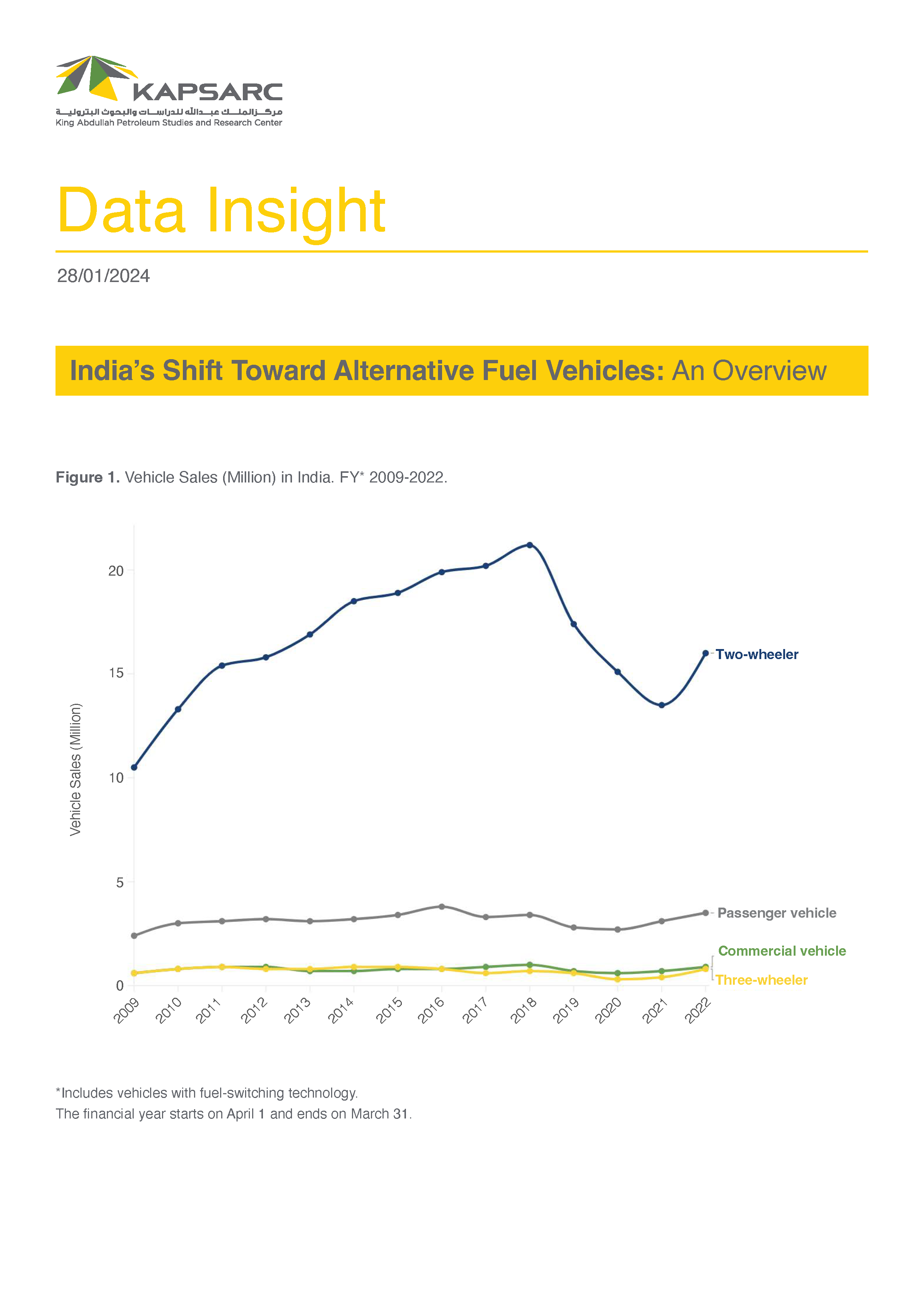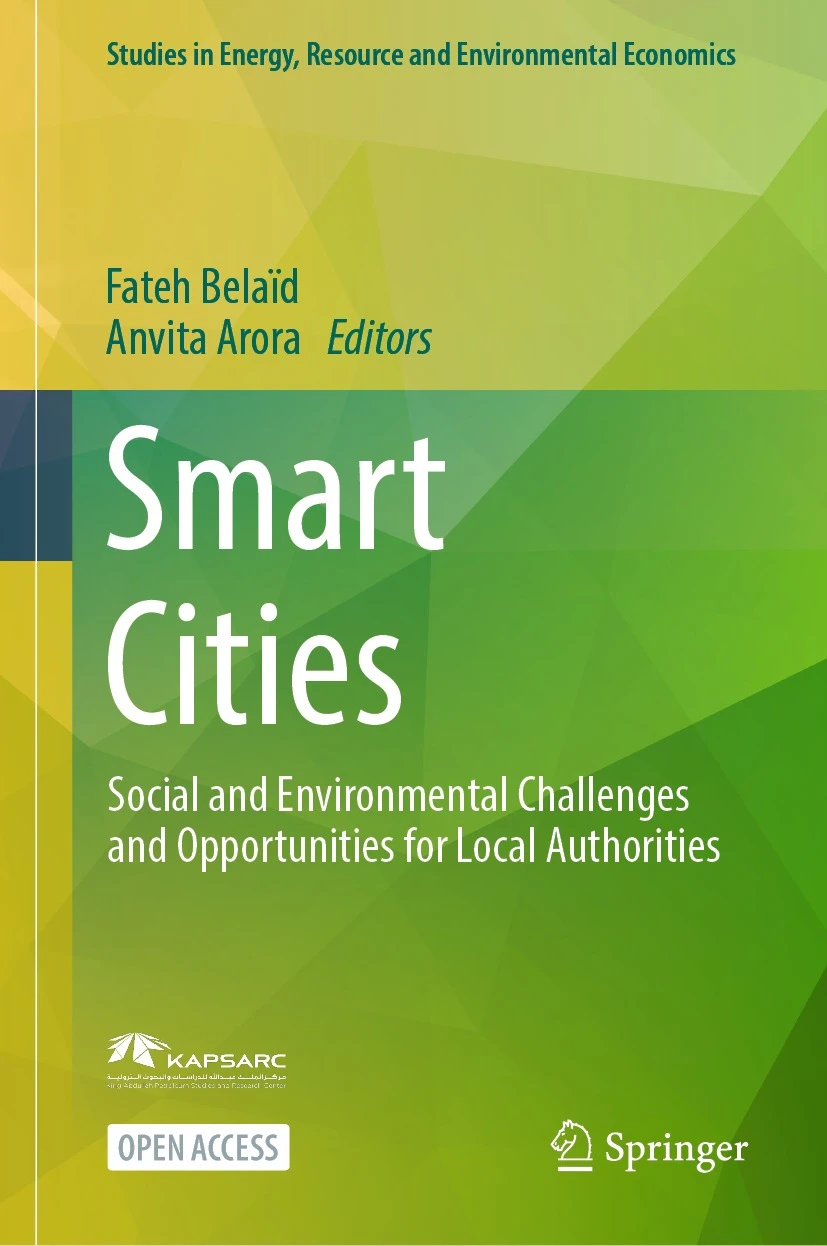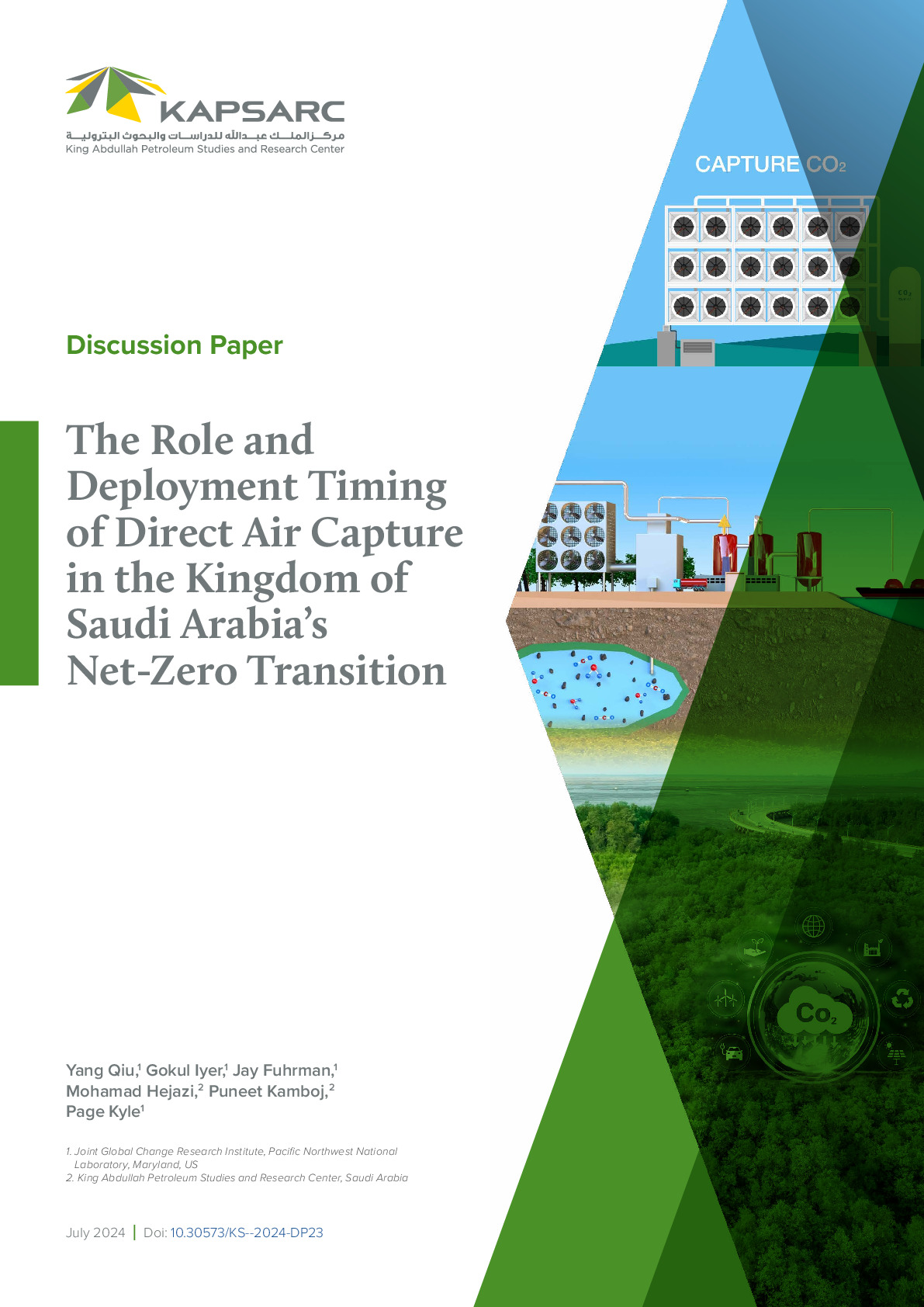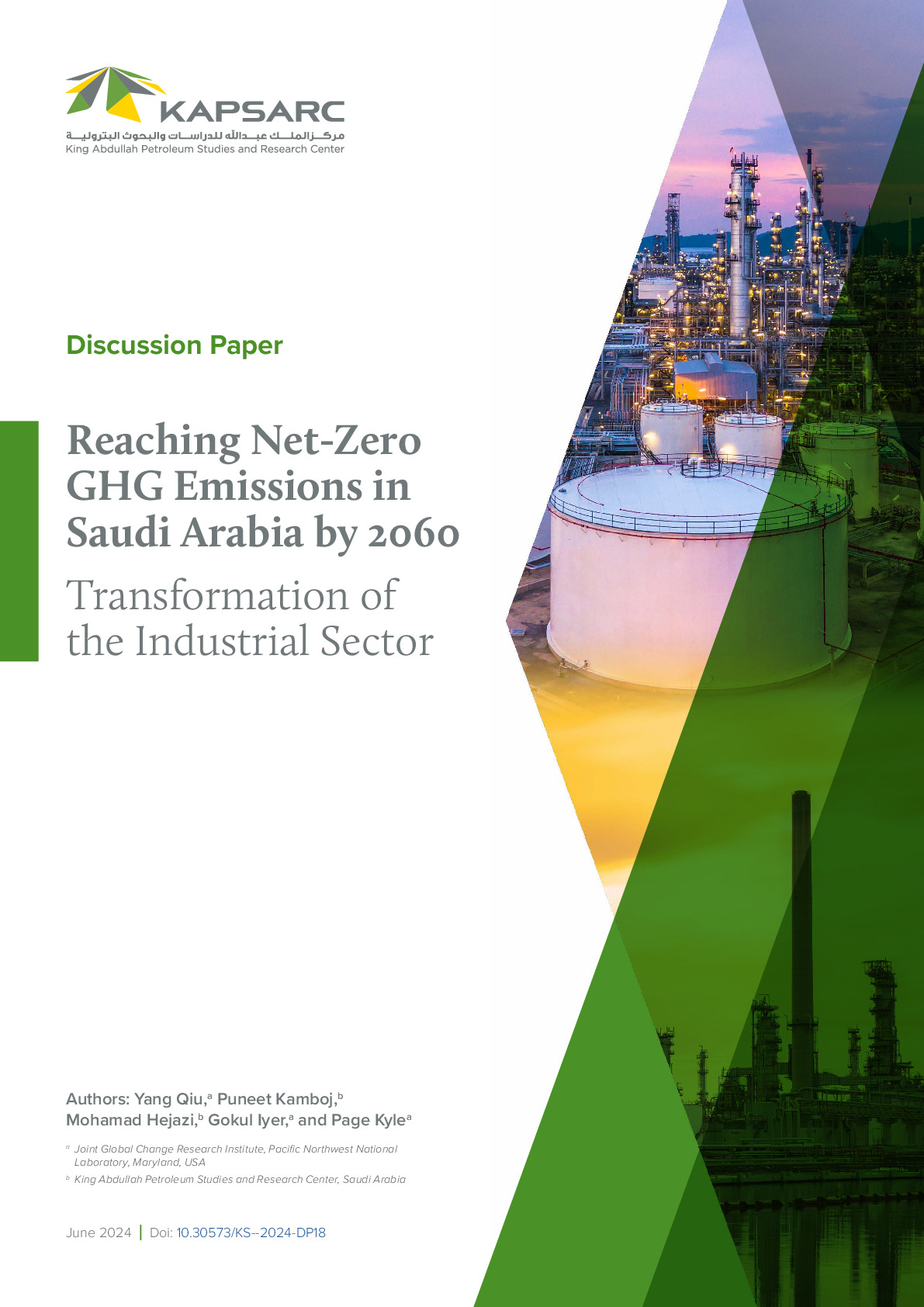The meeting of the Union Cabinet of India on August 3, 2022, chaired by Prime Minister Narendra Modi, approved India’s updated nationally determined contribution (NDC). The NDC aims to enhance India’s contribution toward a global response to climate change.
This update came in the aftermath of the prime minister’s pledge at the 26th United Nations Climate Change Conference (COP 26), held in Glasgow, United Kingdom, in 2021, to reach net-zero emissions by 2070. During the conference, Prime Minister Modi went on to announce four supporting initiatives toward India’s net-zero commitment. These include increasing the country’s non-fossil energy capacity to 500 gigawatts (GW) by 2030, having 50% of its energy requirements met by renewable energy by 2030, reducing its carbon emission by one billion tonnes by 2030, and reducing the carbon intensity of its gross domestic product (GDP) by 45% by 2030. Two of these commitments have now been incorporated in the updated NDC.







